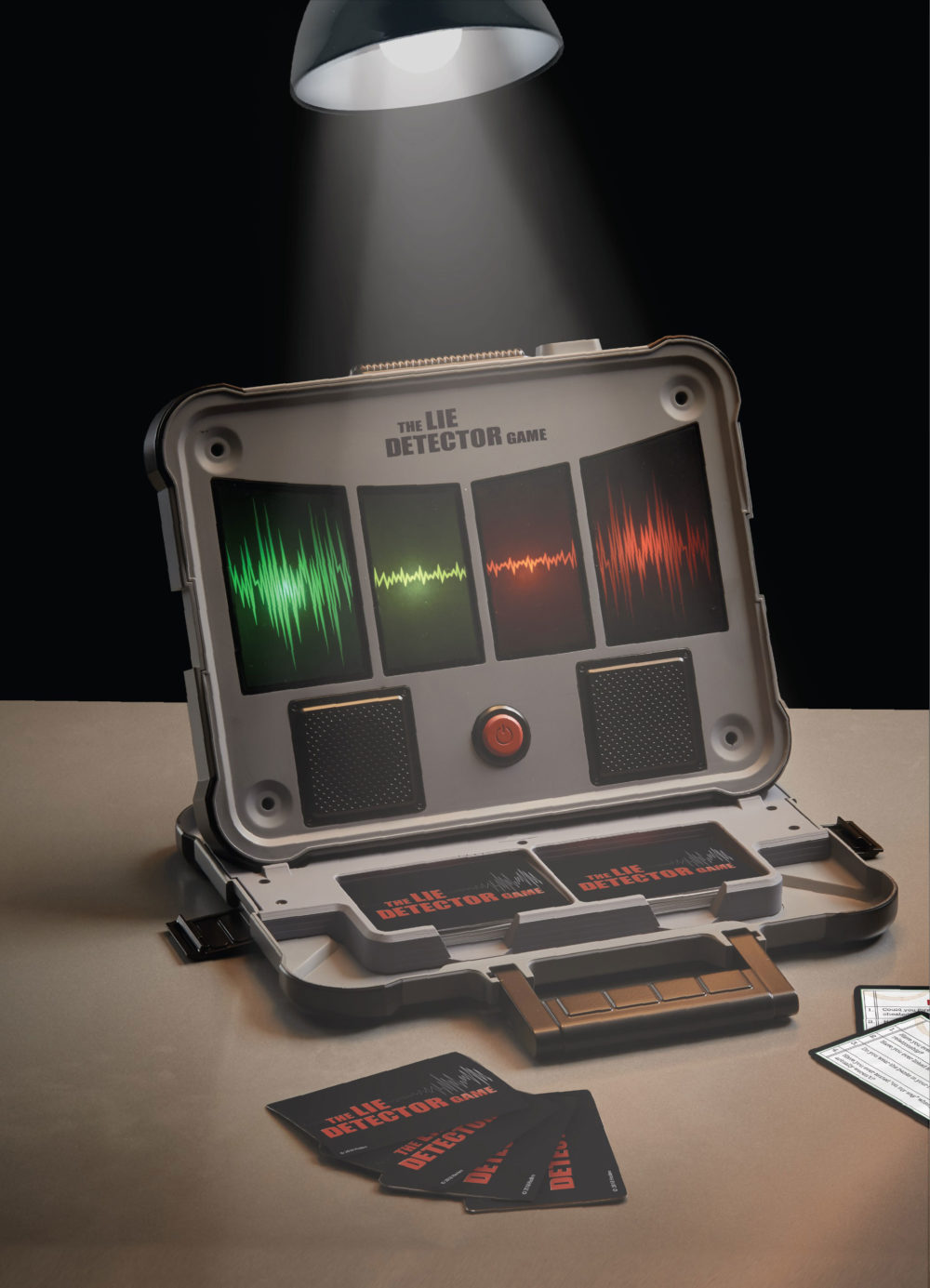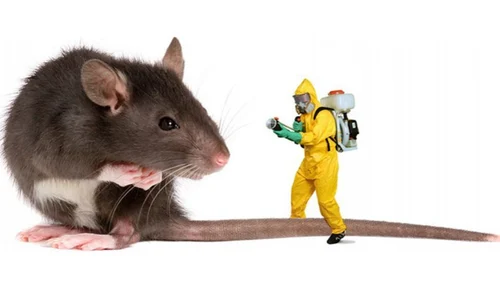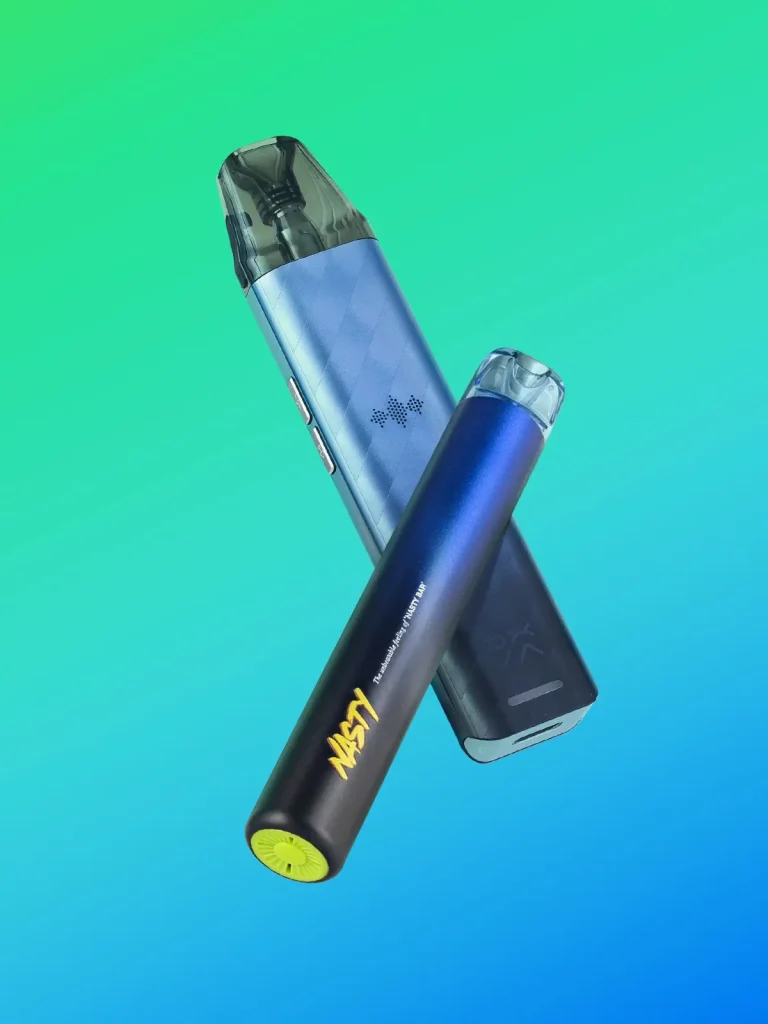Encouraging Futures: Emphasize Healthcare and Education
You can’t say enough about how important education and health care are. As more people realize how investing in these two areas can help society in the long run, they become more important to the success of any town. One of these visionaries has made it his mission to work on these areas and has put a lot of money and time into improving both the schooling and health care systems. Harold’s donations to charity have made it easier for many people to get important services, which has made a huge difference in their lives. Click read more info on Harold to learn how important it is to put money into these areas in a way that makes a difference.
Changing Education: Guiding Next Generations
Personal development and success start with education. Particularly in underprivileged areas, significant change can be brought into kids’ lives by supporting scholarships, libraries, and schools. Better resources, technology, and learning tools let children acquire the tools they need to flourish in a world growing more complicated. Education generates possibilities; so, such targeted projects have a long-lasting impact on the life of people as well as on the general society.

Revitalizing healthcare with an eye toward wellness
As the adage goes, health is wealth; so, a good and functional society depends on better access to healthcare. Using contributions to healthcare, hospitals, clinics, and healthcare initiatives can be improved, thereby guaranteeing that individuals get the treatment they need when most needed. Improved access to healthcare helps communities to lead better lives and face obstacles with more resilience.
Supporting healthcare and education is an investment in the well-being of society as we look ahead. Using deliberate donations, people can influence the quality of life of others. So, read more info on Harold to see how targeted support in these important areas may change communities and produce better, healthier futures for everybody.





















